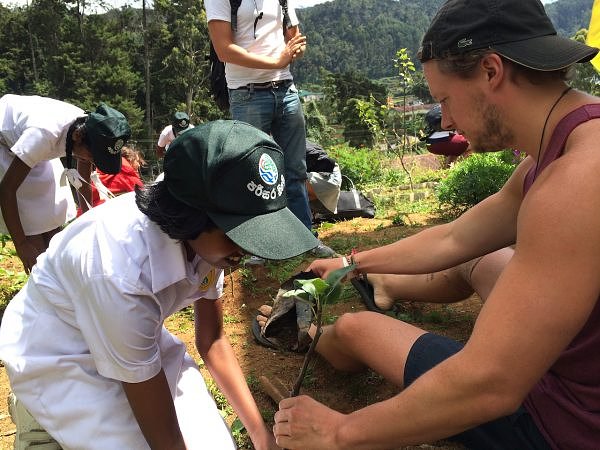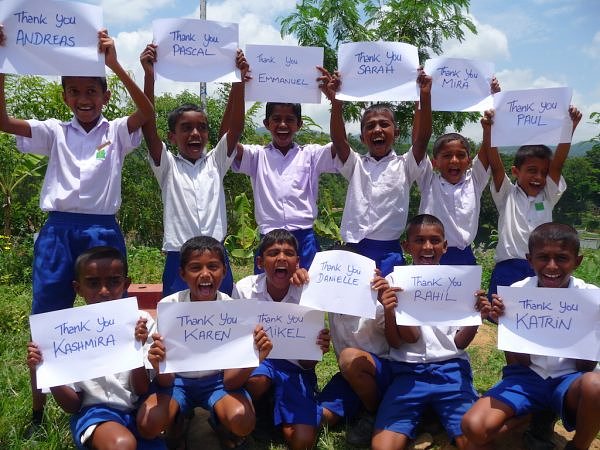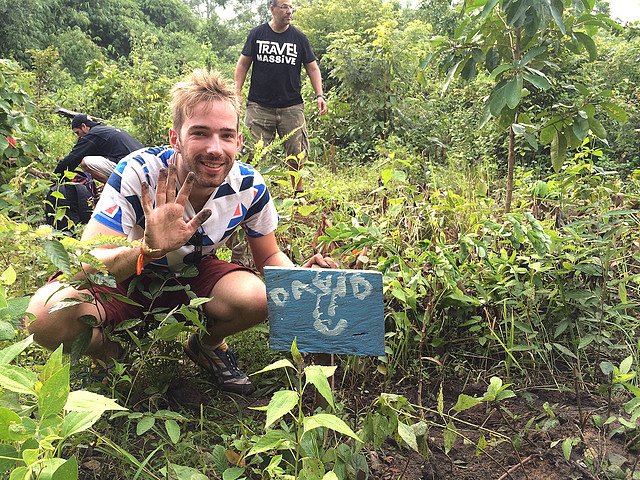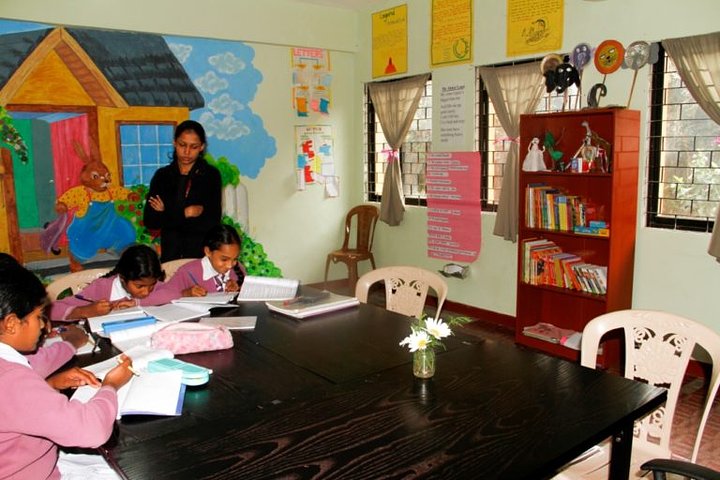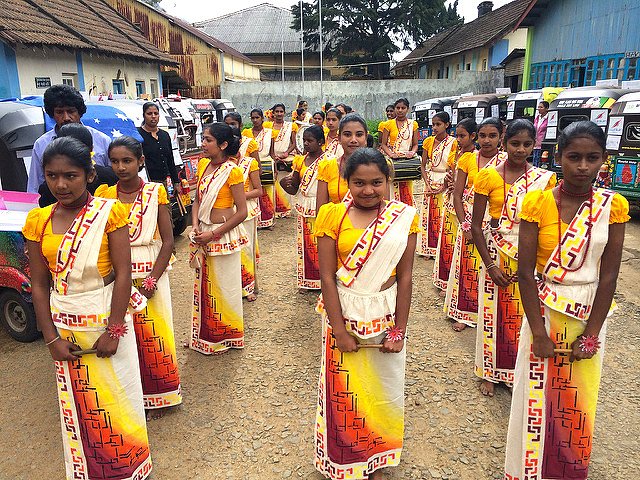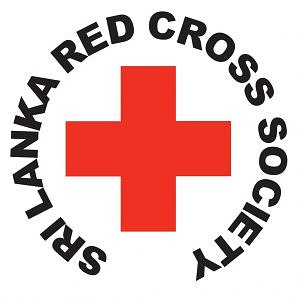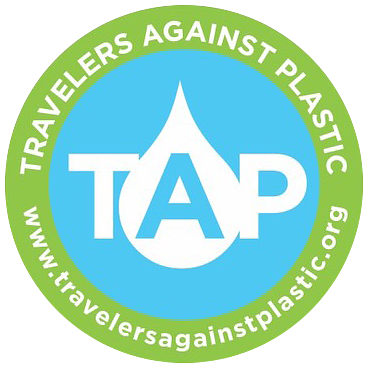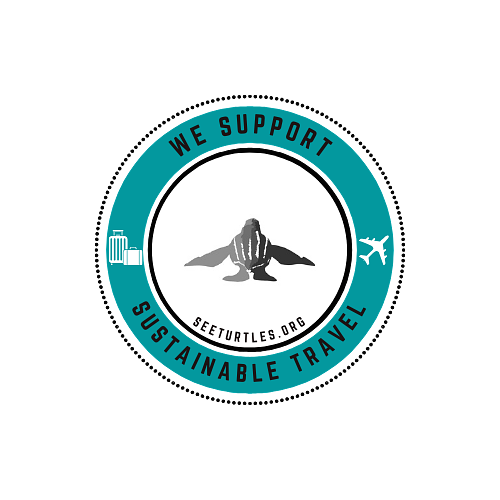A bit of background
There’s been a lot of study done on the effect of music on a child’s development, and the results are pretty cool. Music boosts intellectual abilities, social and emotional skills, motor coordination and overall literacy. Not bad, Vanilla Ice, not bad. Music is a part of some curriculums in local schools, but there are rarely enough resources to help kids reach their full potential. Especially in the more rural areas. Lack of government funding means the smaller schools are restricted to occasional music and dancing on festival days, and they often have to borrow equipment or instruments from neighbouring schools. With a bit of outside help, these kids can learn new skills and express themselves through music. Everyone deserves that chance.
